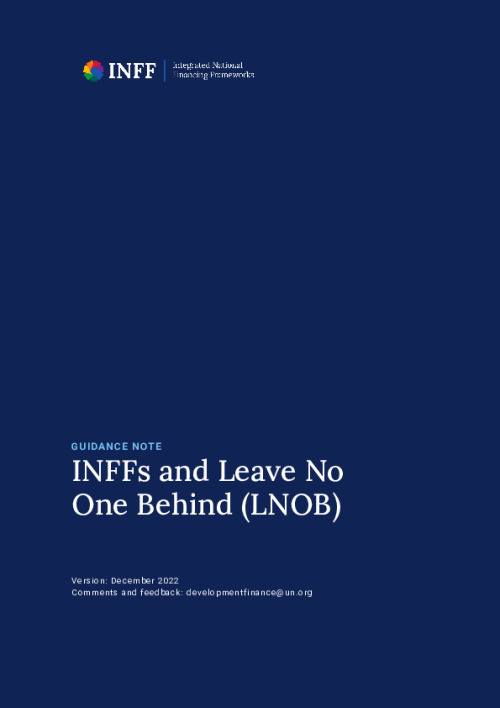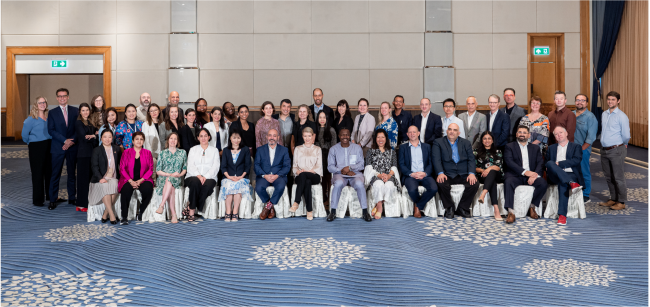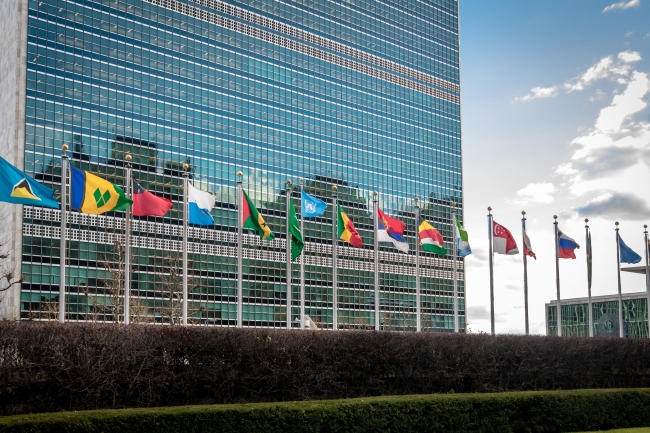INFFs and Leave No One Behind (LNOB)

INFFs and Leave No One Behind (LNOB)
15 December, 2022
Leaving no one behind (LNOB) is the underpinning, transformative promise of the 2030 Agenda and the Sustainable Development Goals (SDGs). In practice, it means “taking explicit action to end extreme poverty, curb inequalities, confront discrimination and fast-track progress for the furthest behind.” It compels policymakers to focus on discrimination and inequalities that undermine the agency of people as right holders.
The Addis Ababa Action Agenda (AAAA), which lays out the global framework for financing
sustainable development, embraces the LNOB promise, seeking to “advance fully toward an equitable global economic system in which no country or person is left behind”. Integrated National Financing Frameworks (INFFs) represent an opportunity for countries to put the LNOB promise into practice when articulating and implementing financing strategies and reforms at the national level.
The aim of this note is to provide additional, more specific guidance on how to integrate LNOB
into financing policy making processes.
About INFF technical guidance documents
In response to the considerable and growing interest from countries to receive further guidance and support to design the INFFs, additional technical guidance documents, built on existing global guidance, are now published to provide practical support to INFF country-level implementation.
The technical guidance documents are tailored to specific country contexts, SDG sectors, and financing policy areas, all benefiting from initial insights and country experiences. The documents are intended to assist policymakers in the identification of sectoral and country group challenges, and policymaking that finance the national sustainable development objectives and the Sustainable Development Goals (SDGs) through the INFFs.
The technical guidance documents strengthen the feedback loop between country-level implementation on the one hand, and global guidance work and technical assistance and capacity development efforts on the other. The documents will continue to be living documents, and will be updated as country experience, insight, and learning about the application of the INFF approach to the challenges of financing the SDGs at the country level keeps progressing.







